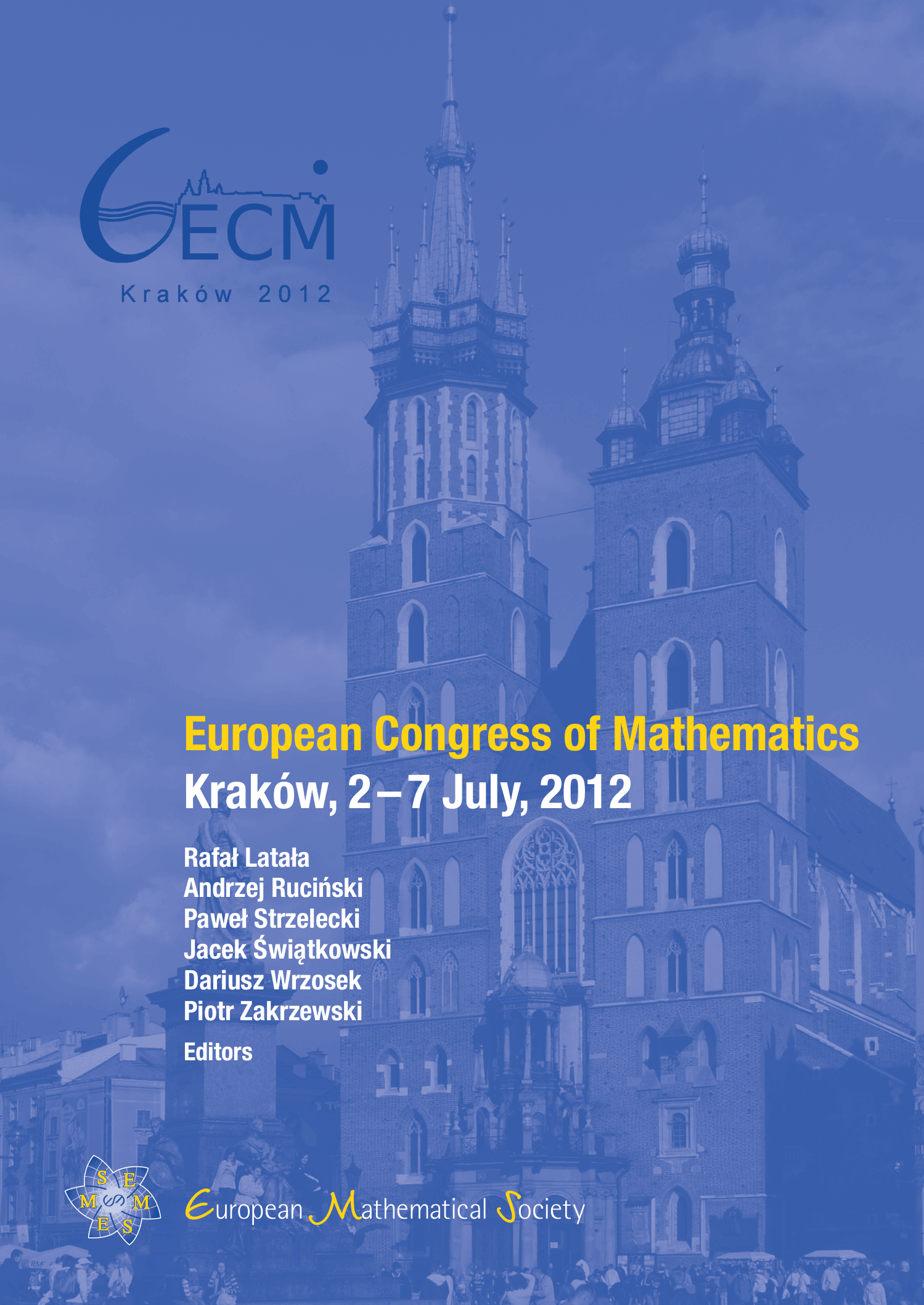KAM theory and its applications: from conservative to dissipative systems
Alessandra Celletti
Università di Roma 'Tor Vergata', Italy

A subscription is required to access this book chapter.
Abstract
We present a review of KAM theory for conservative and dissipative systems with applications to several models. The theory can be developed under general assumptions, namely a Diophantine condition on the frequency and a non-degeneracy requirement. In particular, we present a KAM theory for conformally symplectic systems, which provides also a very efficient numerical technique to determine the breakdown value of invariant attractors. Applications to model problems, most notably in Celestial Mechanics, are considered. Explicit estimates have been developed in the conservative case, where a computer-assisted implementation of KAM theory gives results in good agreement with the experimental values. Some KAM results for the dissipative standard map and for the dissipative spin-orbit problem in Celestial Mechanics are also discussed.